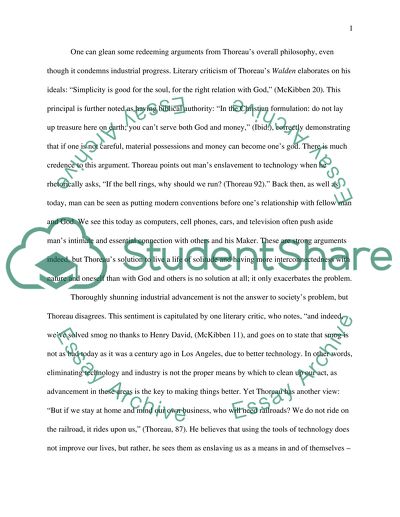Cite this document
(“A Lethal Lack of Industry. Walden by Henry David Thoreau Essay”, n.d.)
Retrieved from https://studentshare.org/literature/1430340-a-lethal-lack-of-industry-walden-by-henry-david-thoreau
Retrieved from https://studentshare.org/literature/1430340-a-lethal-lack-of-industry-walden-by-henry-david-thoreau
(A Lethal Lack of Industry. Walden by Henry David Thoreau Essay)
https://studentshare.org/literature/1430340-a-lethal-lack-of-industry-walden-by-henry-david-thoreau.
https://studentshare.org/literature/1430340-a-lethal-lack-of-industry-walden-by-henry-david-thoreau.
“A Lethal Lack of Industry. Walden by Henry David Thoreau Essay”, n.d. https://studentshare.org/literature/1430340-a-lethal-lack-of-industry-walden-by-henry-david-thoreau.


